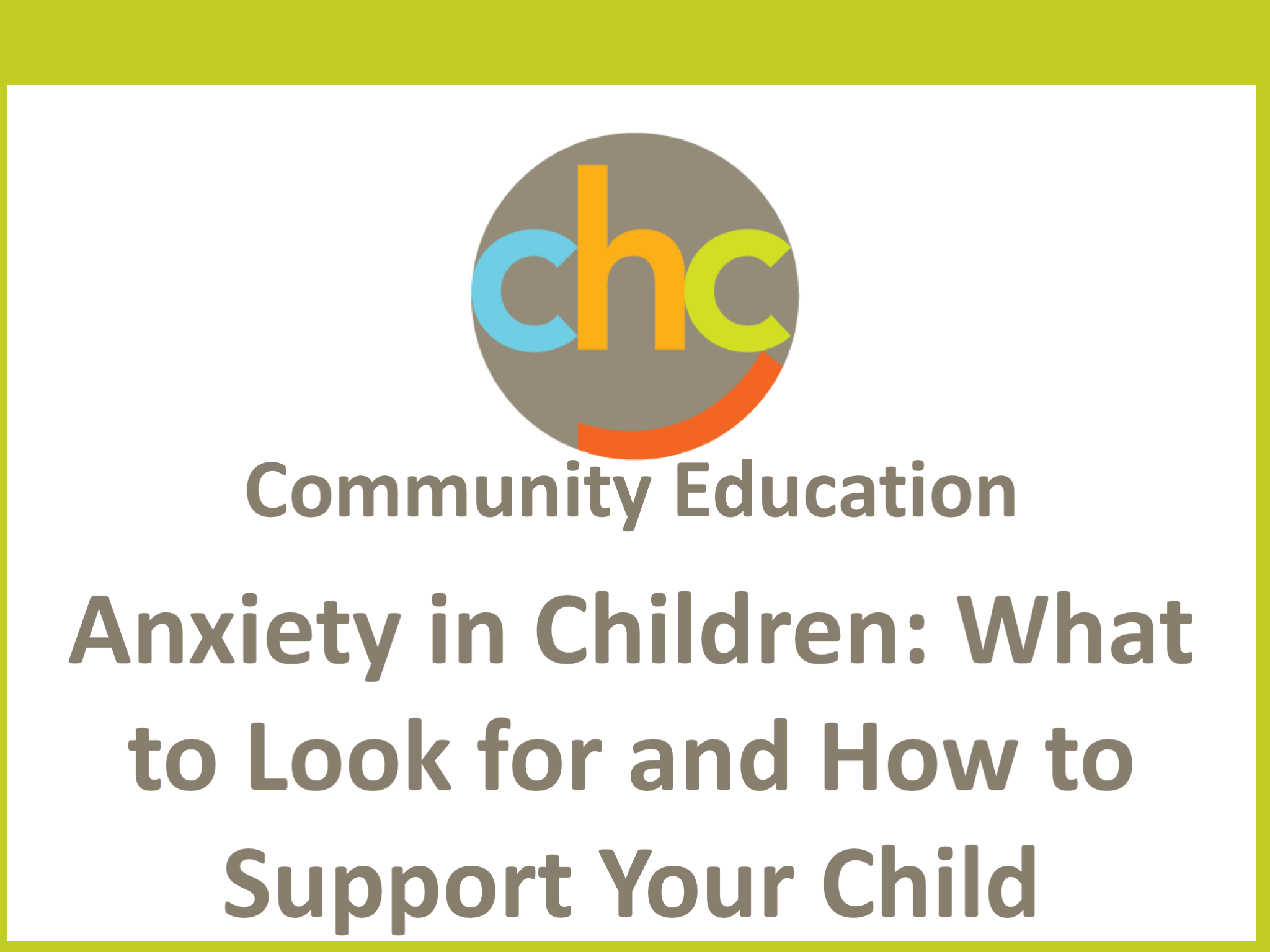Written by Vidya Krishnan, MD, Chief Psychiatrist and Medical Director at CHC
 Your Psychiatrist Is Your Partner in This Process
Your Psychiatrist Is Your Partner in This Process
As a psychiatrist practicing for almost a decade, I would encourage you to view your psychiatrist as your partner in this process. An initial consultation can fulfill many other useful functions besides the possible generation of a prescription. It provides an understanding of what’s going on with your child within a larger context, whether your child has a clear diagnosis or not.
The psychiatry team’s medical training leads to a deep understanding of the mind-body connection and the interactions between mental and physical health. I have been able to help families to develop a comprehensive treatment plan and a personalized road map to determine recommended benchmarks for various interventions, including but not limited to medication. It is very helpful to establish a relationship with families well before symptoms escalate, in hopes of averting a crisis and getting the child back on the right road of growth and self-discovery.
An initial consultation, while a significant investment of time and resources, can help right the developmental course and prevent a lot of twists and turns in your child’s mental health journey.
Determining Whether Or Not to Medicate Is Complicated
Developing a decision tree to determine whether or not to medicate your child is complicated, and is not a decision I take lightly in my role as a physician. That being said, medications are always one of the options when there is functional impairment: when social/family relationships are at stake; academic functioning or academic placement is at risk; or the internal experience of a child is adversely impacting their ability to grow and develop in an age- or ability- appropriate manner.
Here are my responses to three common concerns from parents regarding medication:
1. How do I know when it’s time to reach out to a psychiatrist?
The most common reasons families seek me out or are referred to me are because their child:
- Is at risk of being kicked out of school or daycare
- Has trouble making or keeping friends
- Is unable to participate with the family on vacations, family gatherings, family meals or outings
- Cannot attend or stay in school consistently
- Has trouble controlling or managing their behavior
- Is unsafe due to self injury, self harm, suicidal thoughts, or substance use
- Is unable to maintain daily routine or self-care and hygiene
- Exhibits volatile mood, temper outbursts, or complete lack of motivation
- Has a lot of trouble with anxiety in thought or action, trouble with separation, performance, transition and/or social expectations
- Is going through a major life or family event (e.g., death, divorce, move, trauma, natural disaster) that they are having trouble coping with
2. Does an appointment with a psychiatrist always result in a prescription?
Consulting with a psychiatrist does not mean that your child will end up on a medication. Consider it a conversation about your child that can empower you with choices.
3. Will medication affect my child’s brain development?
It has always to be weighed against the current risk/ distress that the child and family are under.
4. Could my child become “addicted” to the medication?
The term “addicted” means using something to get a high from it. Most (not all) psychiatric medications do not produce a high and are therefore not addictive.
Consulting With a Psychiatrist
Consulting with a psychiatrist for your child or teen is an opportunity to detect stressors or illnesses early, potentially limiting the pain and impact of the illness for the entire family. As psychiatrists, we are here to support and partner with you throughout your child’s journey towards mental wellness. You are not alone. Contact us today to speak with a Care Coordinator.

Vidya Krishnan, MD, CHC’s Chief Psychiatrist and Medical Director, works with kids from a variety of backgrounds across the age and developmental spectrum, starting from grade school through young adulthood. She treats a wide range of mental health conditions that cause functional impairment and believes in a comprehensive approach to the diagnosis and treatment of mental health issues.


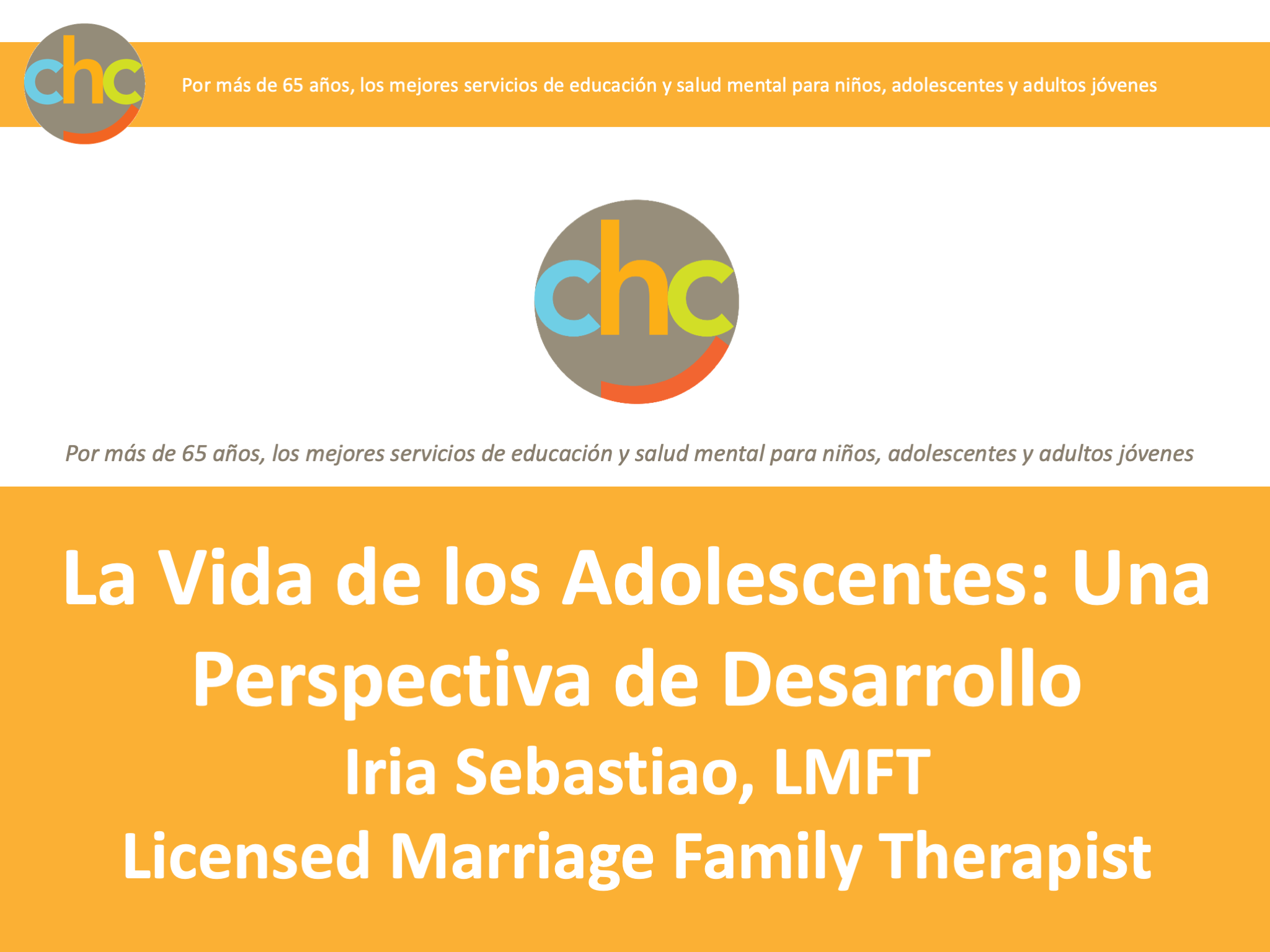


 Your Psychiatrist Is Your Partner in This Process
Your Psychiatrist Is Your Partner in This Process



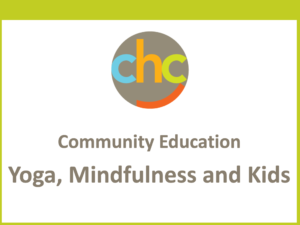 What is mindfulness? How does yoga relate to mindfulness? Learn more about the positive impact of mindfulness and yoga on reducing anxiety, depression, ADHD symptoms and managing stress.
What is mindfulness? How does yoga relate to mindfulness? Learn more about the positive impact of mindfulness and yoga on reducing anxiety, depression, ADHD symptoms and managing stress. 
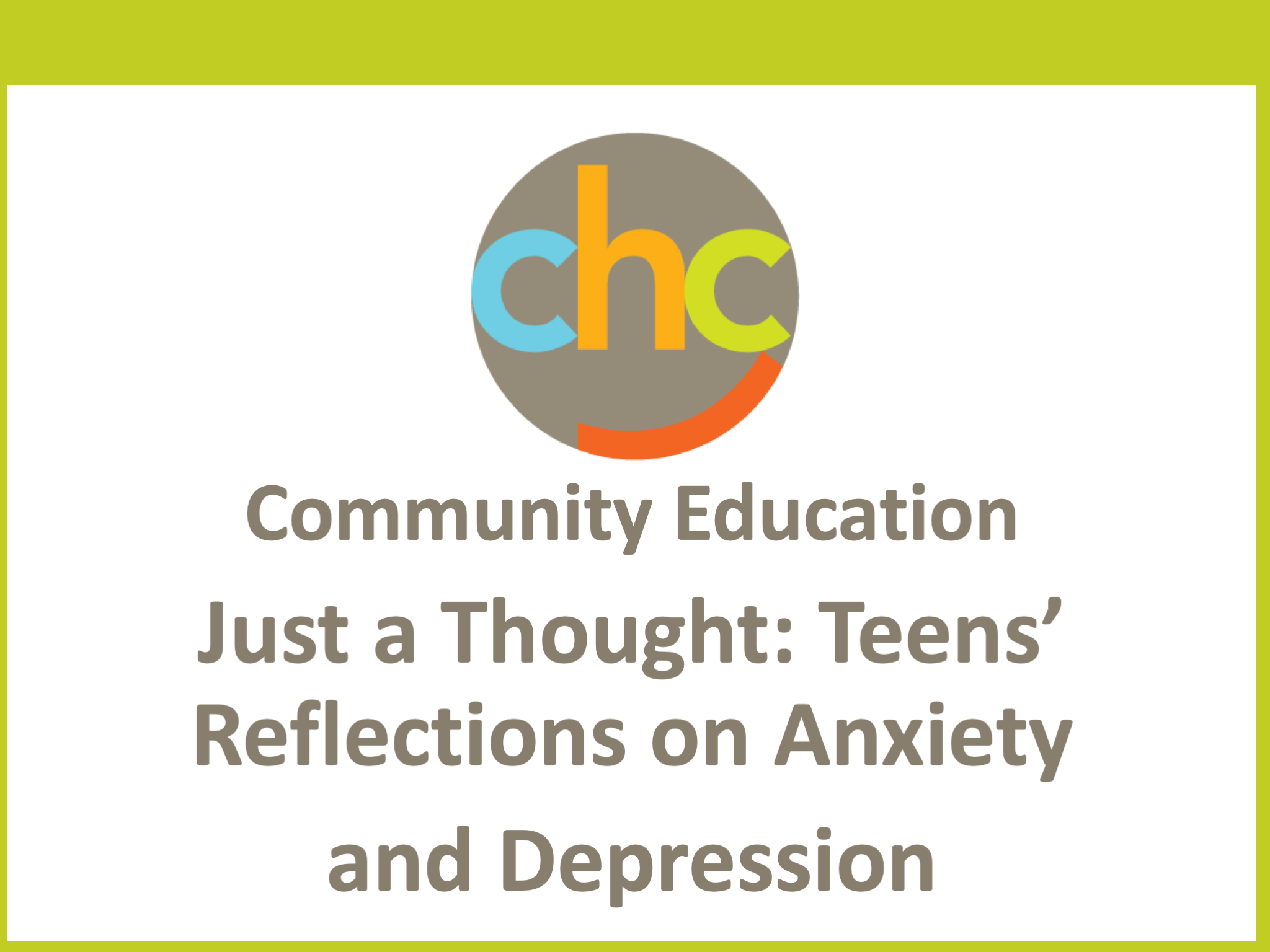
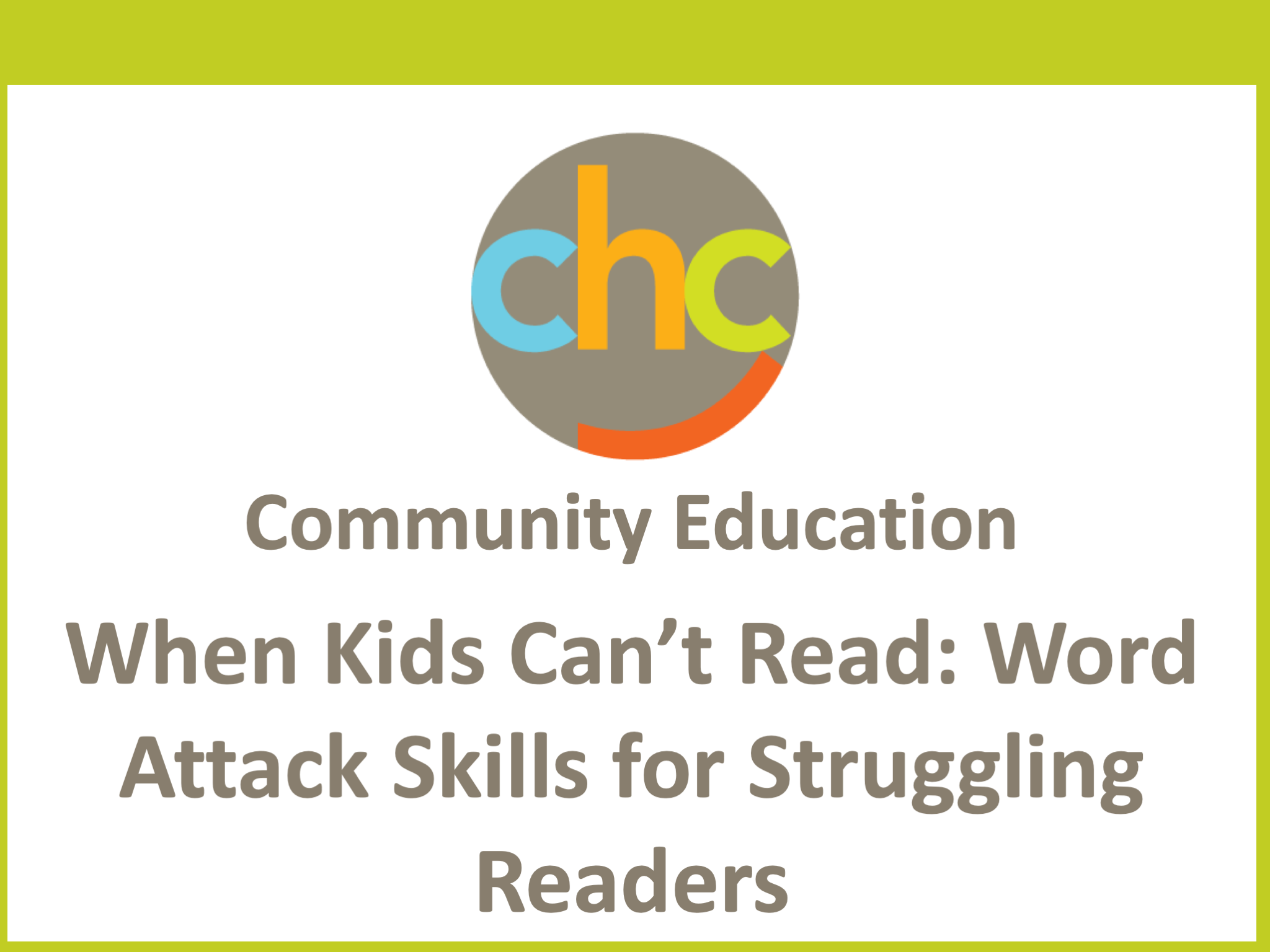


 We are a society obsessed with running, and by running I don’t mean the physical activity of running, I mean running from one thing to the next, filling up our lives with countless activities, events, lists, other people, technology, and substances, so that we are rarely ever still and alone with ourselves.
We are a society obsessed with running, and by running I don’t mean the physical activity of running, I mean running from one thing to the next, filling up our lives with countless activities, events, lists, other people, technology, and substances, so that we are rarely ever still and alone with ourselves. 